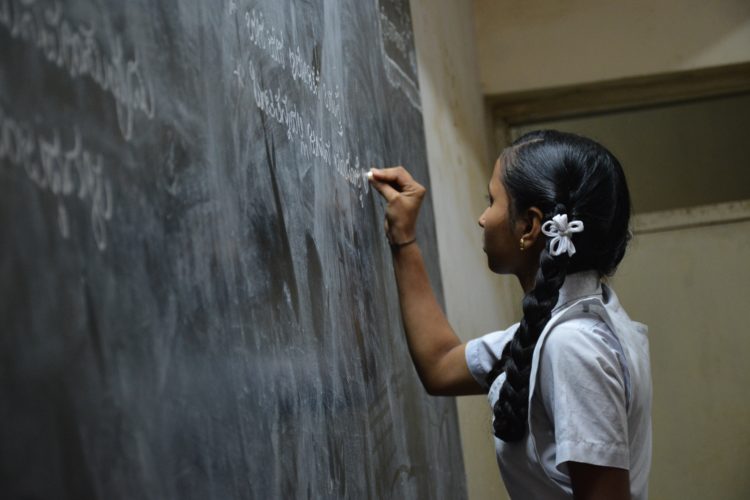This study examines how immigrant families experience the Deferred Action for Childhood Arrivals (DACA) executive order of 2012, which provides temporary relief from deportation and allows youth who arrived before their 16th birthday to work legally on a temporary basis. Smith will investigate how these experiences vary across locales with either inclusionary policies and practices (e.g., the police, courts, schools, and community organizations largely ignore documentation status) or exclusionary policies and practices (e.g., undocumented immigrants found driving without a license may be immediately reported to federal immigration officials and placed into deportation proceedings; DACA recipients may still be subject to racial profiling by the police and incur fines for minor infractions). The team will use a longitudinal, mainly qualitative design. First, they will re-interview DACA recipients and their matched peers who were eligible for DACA but did not apply because of insufficient paperwork or fear, and analyze educational outcomes, such as college-going. Second, they will conduct case studies in five sites, which will reveal how changes in federal policy affect life at the local level. The team will also interview ten local stakeholders at each site to trace how stakeholders have included or excluded immigrants, and how they have responded to the new federal administration’s immigration policies. The team will conduct observations at town and school meetings; analyze public debates about undocumented immigrants in local newspapers and websites to understand the stated rationales for immigration policies and practices; and examine individual paystubs, traffic tickets, and fines to determine the percentage of family income that went toward paying fines related to lack of documentation. The team will draw on this data to learn about how each site constructs its inclusionary or exclusionary stances, and how immigrants interact with and respond to the federal and local policies and practices.
How do recent national and local immigration policies influence the educational and labor market outcomes for undocumented youth?


